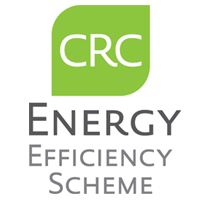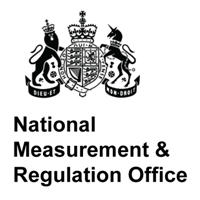Regulation
Regulatory compliance is becoming increasing complex and onerous. It is our job to support, advice and guide you through the ever changing regulations applied to the utility sector. We are well placed to ensure that not only are you kept informed of the latest regulation, but that we help you work within these frameworks to ensure this does not become a burden





